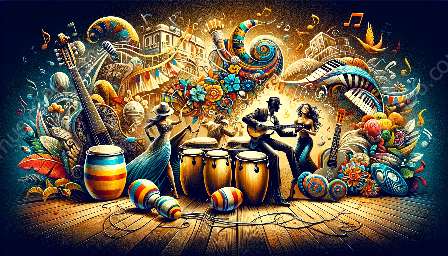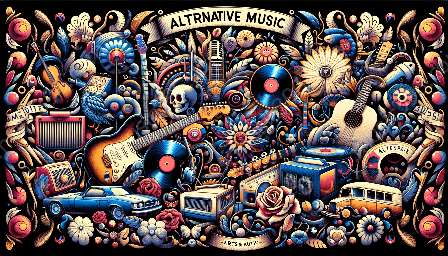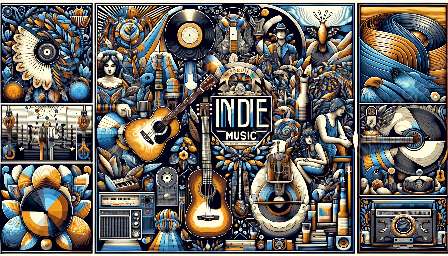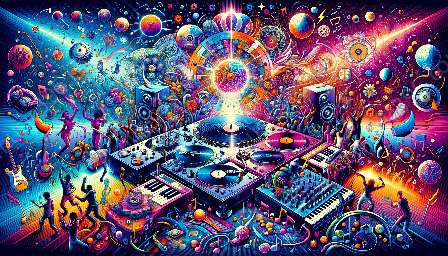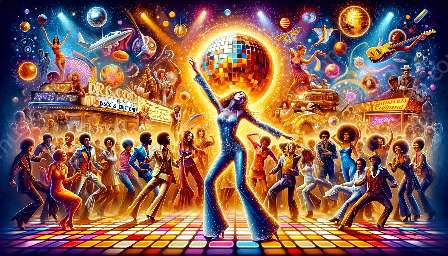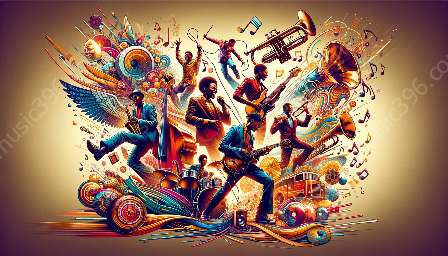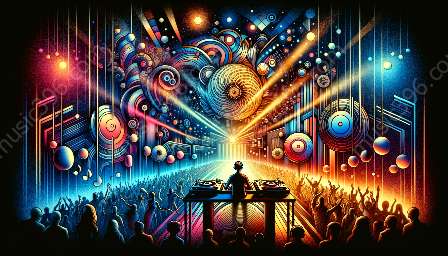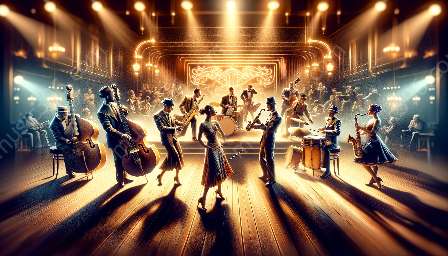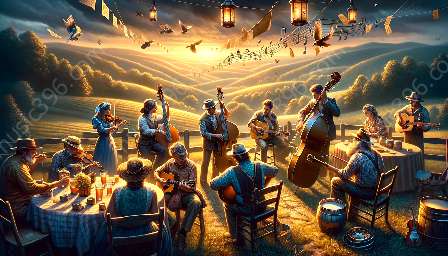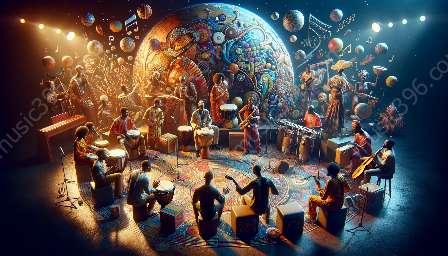Jazz music is renowned for its expressive and spontaneous nature, largely attributed to the central role of improvisation in its composition and performance. The art of improvisation in jazz has a rich history and has significantly impacted various music genres, showcasing its unique and dynamic influence. In this topic cluster, we will delve into the fundamentals of improvisation in jazz, its historical origins, and its profound significance in shaping the evolution of jazz music. By examining its impact on other music genres, we will gain a comprehensive understanding of how improvisation forms a critical component of the transcendent allure of jazz.
Understanding Improvisation in Jazz
Improvisation in jazz is characterized by the spontaneous creation of music within a structured framework. It emphasizes musical spontaneity, freedom, and individual expression, allowing musicians to showcase their creativity and virtuosity. Unlike traditional Western classical music, jazz embraces improvisation as an essential aspect of its composition and performance. This creative freedom empowers musicians to engage in musical dialogues, explore new harmonic pathways, and adapt their musical expressions in real-time, contributing to the distinctively vibrant and ever-evolving nature of jazz music.
Historical Origins of Improvisation in Jazz
The roots of improvisation in jazz can be traced back to the African American musical traditions, including spirituals, blues, and work songs. These musical forms served as the fertile ground from which jazz emerged, characterized by its emphasis on improvisation and communal musical interaction. The fusion of African musical elements with European harmonic traditions led to the birth of jazz, marking the beginning of an artistic revolution that would significantly shape the future of music.
One of the pivotal moments in the popularization of jazz improvisation was the emergence of New Orleans jazz in the early 20th century. Musicians, such as Louis Armstrong, profoundly influenced the development of jazz by infusing their performances with improvised solos and innovative melodic embellishments. Their improvisational prowess became emblematic of the jazz movement, captivating audiences and inspiring future generations of musicians to embrace improvisation as a cornerstone of their artistic expression.
The Impact of Improvisation on Jazz Music
Improvisation's influence on jazz music is multifaceted, extending beyond the realm of composition and performance. It has fostered a dynamic culture of collaboration, experimentation, and innovation, contributing to the proliferation of various jazz styles, such as bebop, cool jazz, and modal jazz. Moreover, improvisation has played a pivotal role in shaping the evolution of jazz ensembles, from small groups to big bands, where spontaneous interplay and improvisational dialogues are central to the collective musical experience.
Furthermore, the symbiotic relationship between improvisation and jazz composition has given rise to a diverse repertoire of jazz standards, where musicians engage in interpretive improvisation, reimagining familiar melodies and harmonies through their unique musical lens. This tradition of reinterpretation and reinvention has fortified jazz's position as a dynamic and ever-relevant art form, transcending temporal and cultural boundaries.
Improvisation's Influence on Other Music Genres
The impact of jazz improvisation extends beyond the confines of the jazz genre, permeating and enriching other styles of music. Its influence can be observed in diverse genres, such as rock, funk, and electronic music, where the spirit of improvisation infuses performances with spontaneity and emotional depth. Musicians across different genres have drawn inspiration from the improvisatory ethos of jazz, integrating improvisational elements into their compositions and live performances, thereby imbuing their music with an element of unpredictability and raw authenticity.
Moreover, the cross-pollination of musical ideas facilitated by improvisation has led to innovative fusion genres, where jazz harmonies, rhythms, and improvisational techniques intermingle with diverse musical traditions, creating rich tapestries of sonic exploration. This collaborative spirit, rooted in the tradition of jazz improvisation, continues to catalyze the evolution of music by fostering artistic exchange and dialogue across genres and cultures.
The Enduring Legacy of Improvisation in Jazz
As we contemplate the role of improvisation in jazz composition and performance, it becomes evident that this art form's enduring legacy reverberates through the annals of music history. The vibrant and innovative spirit of improvisation has not only indelibly shaped the evolution of jazz, but also permeated other music genres, leaving an indelible imprint on the musical landscape. The dynamic interplay of spontaneous creativity, musical dialogue, and individual expression continues to define the essence of jazz, captivating audiences and inspiring musicians worldwide.






